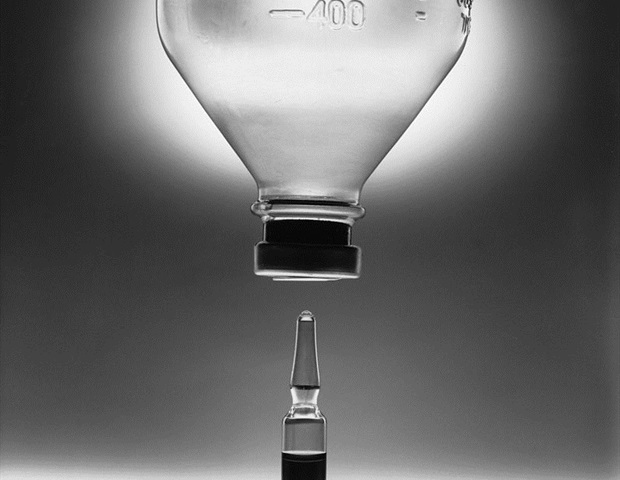There's still much to learn about how doxorubicin, a 50-year-old chemotherapy drug, causes its most concerning side effects. While responsible for saving many lives, this treatment sometimes causes cardiac damage that stiffens the heart and puts a subset of patients at risk for future heart failure. To better understand and potentially control such complications, Tufts University School of Medicine and Tufts Graduate School of Biomedical Sciences researchers have isolated the immune cells that become overactive when patients take doxorubicin.
The team's findings appear July 17 in the journal Nature Cardiovascular Research . Doxorubicin is a top choice for oncologists as a first line of defense against various cancers because of its ability to slow or stop cell division and thus tumor growth. It has been shown that the drug can induce a pro-inflammatory response in the heart, but there is no intervention that is broadly effective at preventing this, and it's not clear how it happens or why, so Tufts scientists are trying to close these gaps.

Their investigation found elevated levels of potent virus-killing CD8+ cytotoxic T-cells-;a type of immune cell-;and their molecular attractors in the blood of healthy mice after beginning doxorubicin. This observation was further confirmed in dozens of canine and human lymphoma patients. Further mouse model work showed that these T-cells not only moved to the heart and directly interacted with heart tissue but that removing them relieved .























